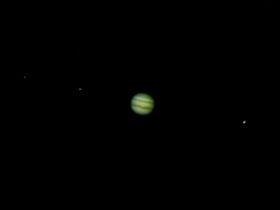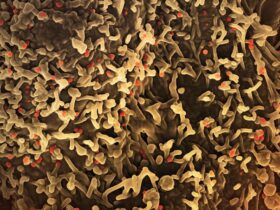Despite massive efforts committed to correcting the dismal statistics, cancer remains a significant cause of mortality. The goal of continuing research is to strike a preemptive blow against it. However, according to a review of worldwide studies undertaken by the cancer charity World Cancer Research Fund (WCRF), this vegetable raises the risk of stomach cancer. The evidence is telling.
Cancer is the most significant cause of mortality globally, accounting for approximately ten million fatalities in 2020. Despite billions of dollars invested in discovering a treatment, this remains the case. However, progress is being made, and one promising area is risk reduction.
Researchers continue to learn more about how individual lifestyle choices might affect your likelihood of getting cancer.
Although study on a diet is ongoing, several foods have been proven to raise cancer risk.
One of the most shocking findings is that consuming preserved non-starchy veggies may raise the chance of acquiring stomach cancer.
Food preservation is the act of preserving and storing food so that it stops or significantly slows decomposition and prevents food-borne disease while retaining nutritional content, texture, and flavor.
To extend the life of a dish, it is often salted and pickled, a technique suspected of contributing to the development of stomach cancer.
According to the WCRF, excessive salt levels affect the viscosity of the mucus that protects the stomach and promote the development of N-nitroso compounds in animal models. `
The cancer charity cautions that increased salt consumption may promote H. pylori colonization, the most influential known risk factor for stomach cancer.
“Finally, in animal models, high salt levels have been shown to be responsible for the primary cellular damage that results in the promotion of stomach cancer development.”
According to the charity’s findings, there is “strong evidence” that salt-preserved meals -particularly preserved non-starchy vegetables-increase the risk of stomach cancer.
What is Considered a Non-Starchy Vegetable?
Vegetables may be classified into categories based on their starch content.
Non-starchy veggies include the following:
Carrots, beets, parsnips, turnips, swedes, and other green, leafy vegetables (such as spinach and lettuce)
Cruciferous vegetables (such as bok choy [pak choy], broccoli, cabbage, and watercress) Allium vegetables (such as onions, garlic, and leeks).
Carbohydrate levels are greater in starchy vegetables such as potatoes, sweet potatoes (yams), cassava (manioc), sago yams, and taro than non-starchy vegetables.
A growing body of research demonstrates the dangers of salting and pickling foods.
According to landmark research published in the British Journal of Cancer, those who consume a high-salted diet on a daily basis double their risk of stomach cancer, according to a report published in the British Journal of Cancer.
The research, which included over 40,000 middle-aged Japanese people, looked at their food, drinking, and smoking behaviors during an 11-year period.
According to the research, the risk of stomach cancer for Japanese males who consume the least salt was one in 1000 each year. This increased to one in 500 among individuals who consumed the most salt.
The Most Common Signs of Stomach Cancer
There are several potential signs of stomach cancer; however, it may be challenging to detect.
They may influence your digestion, according to the NHS, and include:
- Acid reflux or heartburn
- Having difficulty swallowing (dysphagia)
- Being or feeling ill
- Indigestion symptoms, such as frequent burping
- When eating, become full pretty soon.
Other symptoms include:
- Loss of appetite or weight loss without attempting to lose weight.
- A bulge on the top of your stomach
- Experiencing pain near the top of your belly
- Tiredness or a lack of energy















Leave a Reply